The Venezuela Portal Venezuela, officially the Bolivarian Republic of Venezuela, is a country on the northern coast of South America, consisting of a continental landmass and many islands and islets in the Caribbean Sea. Venezuela comprises an area of 916,445 km2 (353,841 sq mi), and its population was estimated at 29 million in 2022. The capital and largest urban agglomeration is the city of Caracas. The continental territory is bordered on the north by the Caribbean Sea and the Atlantic Ocean, on the west by Colombia, Brazil on the south, Trinidad and Tobago to the north-east and on the east by Guyana. Venezuela is a presidential republic consisting of 23 states, the Capital District and federal dependencies covering Venezuela's offshore islands. Venezuela is among the most urbanized countries in Latin America; the vast majority of Venezuelans live in the cities of the north and in the capital. Economic shocks in the 1980s and 1990s led to major political crises and widespread social unrest, including the deadly Caracazo riots of 1989, two attempted coups in 1992, and the impeachment of a President for embezzlement of public funds charges in 1993. The collapse in confidence in the existing parties saw the 1998 Venezuelan presidential election, the catalyst for the Bolivarian Revolution, which began with a 1999 Constituent Assembly, where a new Constitution of Venezuela was imposed. The government's populist social welfare policies were bolstered by soaring oil prices, temporarily increasing social spending, and reducing economic inequality and poverty in the early years of the regime. However, poverty began to rapidly increase in the 2010s. The 2013 Venezuelan presidential election was widely disputed leading to widespread protest, which triggered another nationwide crisis that continues to this day. Venezuela has experienced democratic backsliding, shifting into an authoritarian state. It ranks low in international measurements of freedom of the press and civil liberties and has high levels of perceived corruption. (Full article...) Selected article -Santa Rosa de la Eminencia castle is a colonial castle built in the seventeenth century by the Spanish monarchy on Margarita Island, Venezuela. After a group of French pirates attacked the city of La Asunción, its construction started on 24 March 1677, by order of governor Juan Muñoz de Gadea, and it was finished c. 1683. The structure comprises three defensive fronts, each one with two bastions, two half bastions and three curtains, and is positioned at the top of a hill that overlooks the city The castle served as a prison for war heroine Luisa Cáceres de Arismendi between November 1815 and January 1816. She was held captive by the Spanish forces on an attempt to bow down her husband, Juan Bautista Arismendi, who was the chief of the patriotic forces on the island. Simón Bolívar's arrival to the island prompted the partial destruction and abandonment of the fort in May 1816. By 1899, the facility serviced as headquarters, and later as quarters for the National Army. It was declared as a National Monument in 1965. (Full article...)Selected picture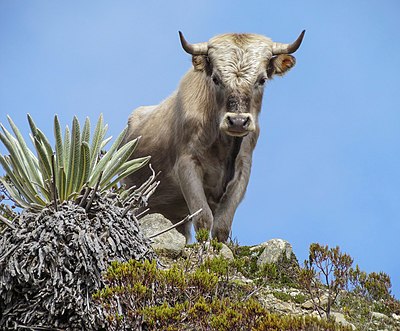
This is a feral Charolais cattle in the Venezuelan Sierra Nevada. The Charolais is a French breed of taurine beef cattle. It originates in, and is named for, the Charolais area of eastern France. Charolais are raised for meat; they may be crossed with other breeds, including Angus and Hereford cattle.
Selected biography -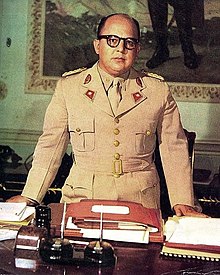 Marcos Evangelista Pérez Jiménez (25 April 1914 – 20 September 2001) was a Venezuelan military and general officer of the Army of Venezuela and the dictator of Venezuela from 1950 to 1958, ruling as member of the military junta from 1950 to 1952 and as president from 1952 to 1958. He took part in the 1948 Venezuelan coup d'état, becoming part of the ruling junta. He ran in the 1952 election. However, the junta cancelled the election when early results indicated that the opposition was ahead, and declared Jiménez provisional president. He became president in 1953 and instituted a constitution that granted him dictatorial powers. Under Pérez's rule, the rise of oil prices facilitated many public works projects, including roads, bridges, government buildings and public housing, as well as the rapid development of industries such as hydroelectricity, mining, and steel. The economy of Venezuela developed rapidly while Pérez was in power. On the other hand, Pérez presided over one of the most repressive governments in Venezuela. His government's political police, the Dirección de Seguridad Nacional (National Security), suppressed criticism and imprisoned those who opposed his rule. (Full article...)In this month...
Did you know (auto-generated) -
Selected list -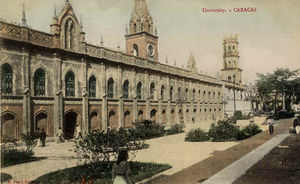 Venezuela has a wide array of universities, offering courses in a broad variety of subjects, spread between a total 23 public and 24 private universities located across several states. As a result of a Royal Decree signed by Philip V of Spain, the Central University of Venezuela—the country's oldest—was founded in 1721 as "Universidad Real y Pontificia de Caracas". The campus was originally at the now-known "Palacio de las Academias" but, in 1944, president Isaías Medina Angarita relocated it to the University City of Caracas. The second oldest university is the University of the Andes. Established in 1810 as the "Real Universidad de San Buenaventura de Mérida de los Caballeros", its origins date back to 1785 when Fray Juan Ramos de Lora founded a priest school in the city of Mérida. The University of Zulia—the third-oldest university—was founded in 1891 when the Federal College of Maracaibo was converted into a university. The government ordered the closure of the university for political reasons in 1904, and it remained closed until 1946. The University of Carabobo is the last to be founded before the twentieth century by being established in 1892 and dating back to 1833 when the College of Carabobo was created by presidential decree. (Full article...)Current events
More did you know...
TopicsCategoriesRecognized contentFeatured articlesGood articles
Featured pictures
New articlesThis list was generated from these rules. Questions and feedback are always welcome! The search is being run daily with the most recent ~14 days of results. Note: Some articles may not be relevant to this project.
Rules | Match log | Results page (for watching) | Last updated: 2024-06-25 21:59 (UTC) Note: The list display can now be customized by each user. See List display personalization for details.
Things you can doWikiProjects
Related portalsAssociated WikimediaThe following Wikimedia Foundation sister projects provide more on this subject:
Discover Wikipedia using portals Purge server cache |
How Can We Help?




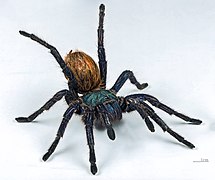

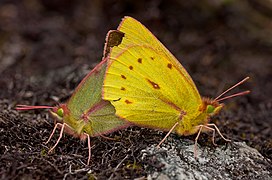
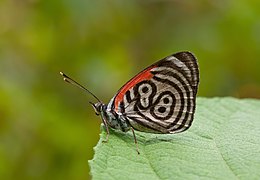

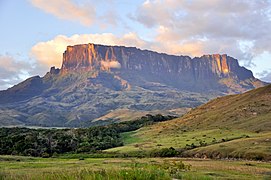

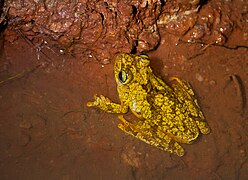


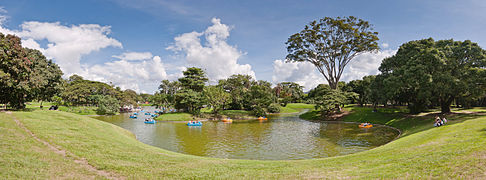
























Recent Comments